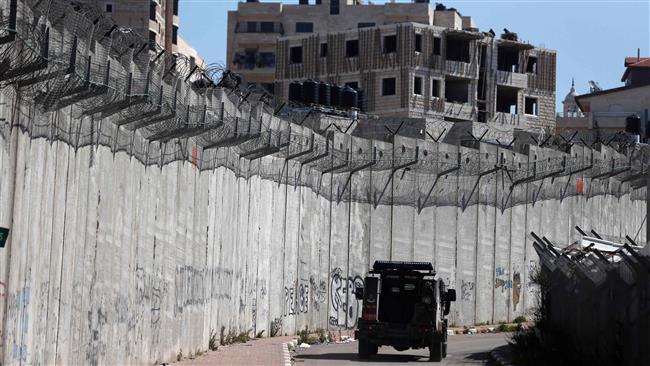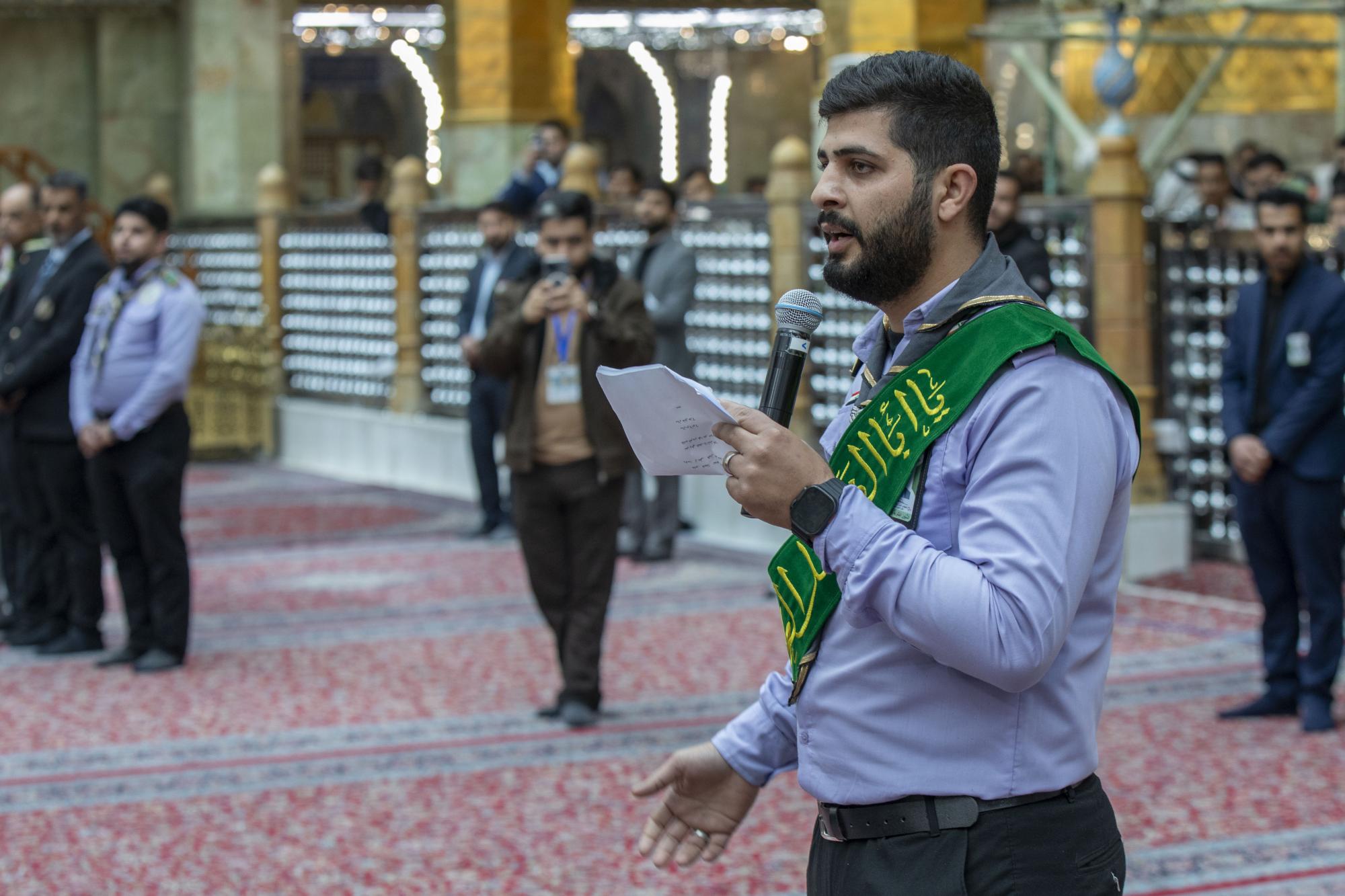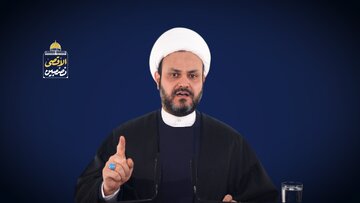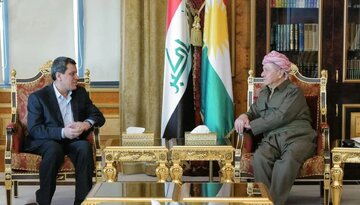“The resistance in the Gaza Strip will continue to use all the tools at its disposal to defend the Palestinians from Israeli aggression,” said Hamas spokesperson Hazem Kassam.
Hamas also added, that despite Israel's ramped up aggression, they don't want to intensify the situation at this time.
“The Israeli regime’s threats don’t frighten us, but we nevertheless aren’t seeking an escalation. We don’t fear a conflict. All Israel’s efforts won’t bring it security as long as it continues to occupy our land and besiege our nation,” Kassam pressed. In similar comments, Hamas political bureau member, Salah al-Bardawil says the so-called security fence built by the Israeli government only aims to persuade the Israelis to pay taxes to the occupation army.
According to al-Bardawil, the measure is insignificant and carries a meaningless message.
The regime’s military have been telling the media why the wall's construction has been speeded up.
The regime’s Major General Eyal Zamir said it is in response to intelligence data which suggested that Hamas is expanding its underground tunnel network.
The barrier, first proposed in 2014 during the brutal Israeli assault on Gaza, will be a 20-mile concrete wall, equipped with sensors to record any digging activity.
“If it tries to, Israel will defend this barrier in every way possible,” said Zamir. “This barrier will be built. Period. At any price.”
Hamas says the underground tunnels are needed to defend Gaza against Israeli attacks and transfer essential supplies, including food and fuel, into the besieged Palestinian territory.
The latest development comes after the Israeli regime announced early this month that it had completed the construction of part of its controversial separation wall near the Palestinian city of al-Khalil (Hebron) in the southern West Bank.
The Tel Aviv regime began building the 712-kilometer barrier of towering concrete walls, barbed-wire fences, trenches and closed military roads inside the occupied West Bank back in 2002.
The Israeli regime claims that the project is aimed at preventing infiltration into the occupied territories, but Palestinians say the move is yet another violation of their rights and allows for further annexation of their land.
The International Court of Justice said in an advisory opinion issued in 2004 that the apartheid wall violates international law and urged Israel to remove it from the occupied territories.
/106





